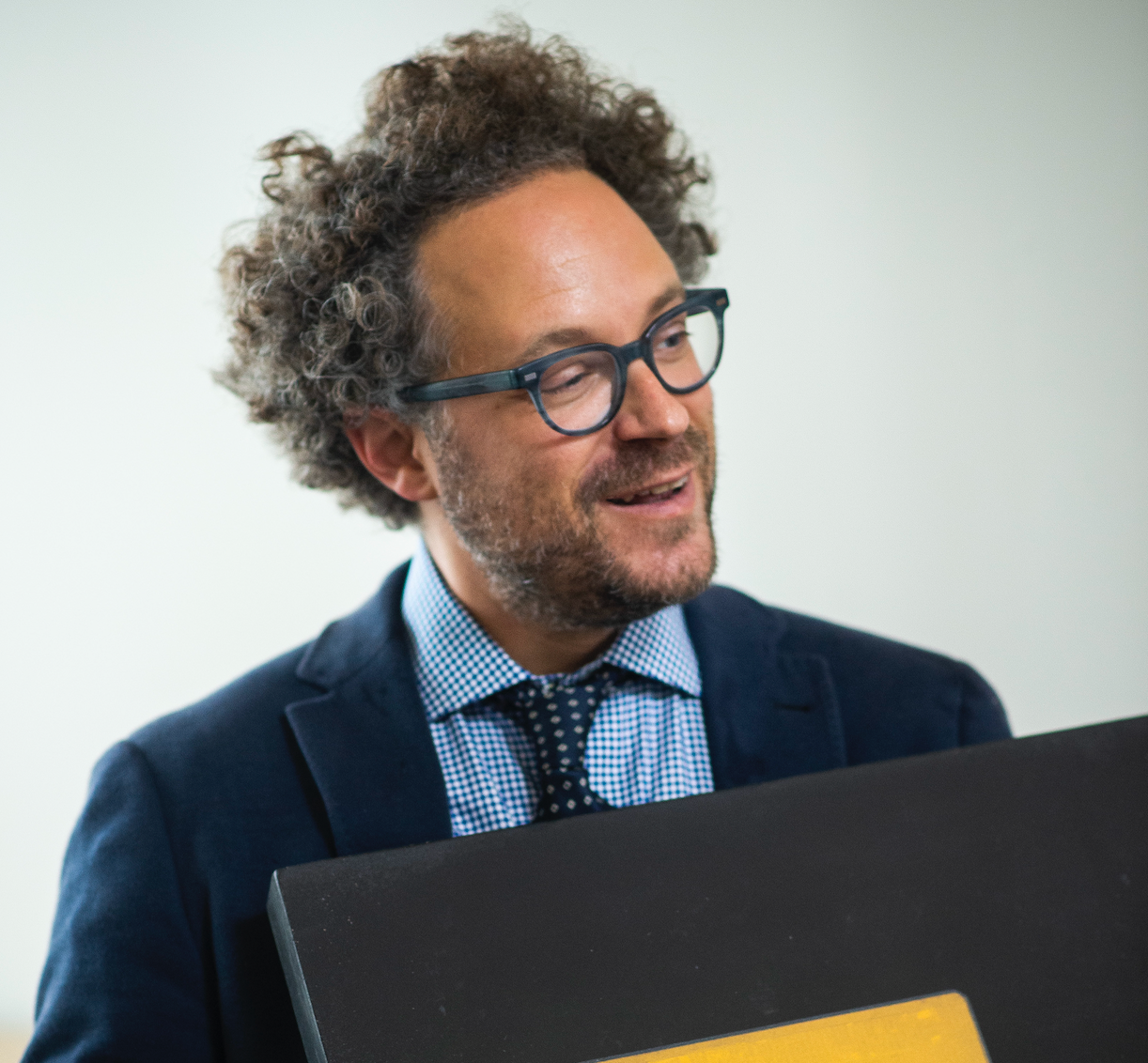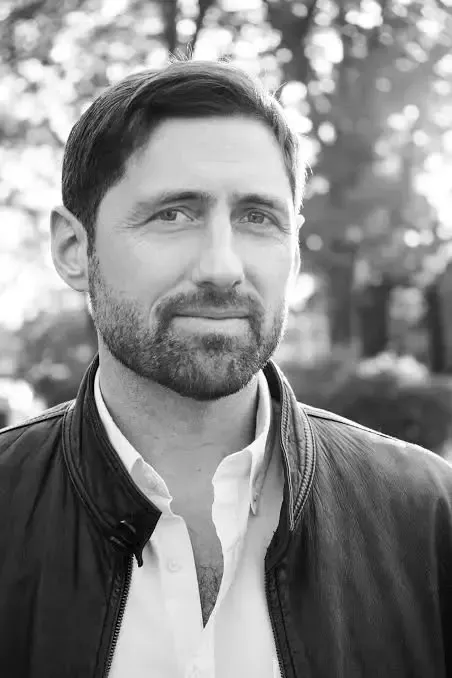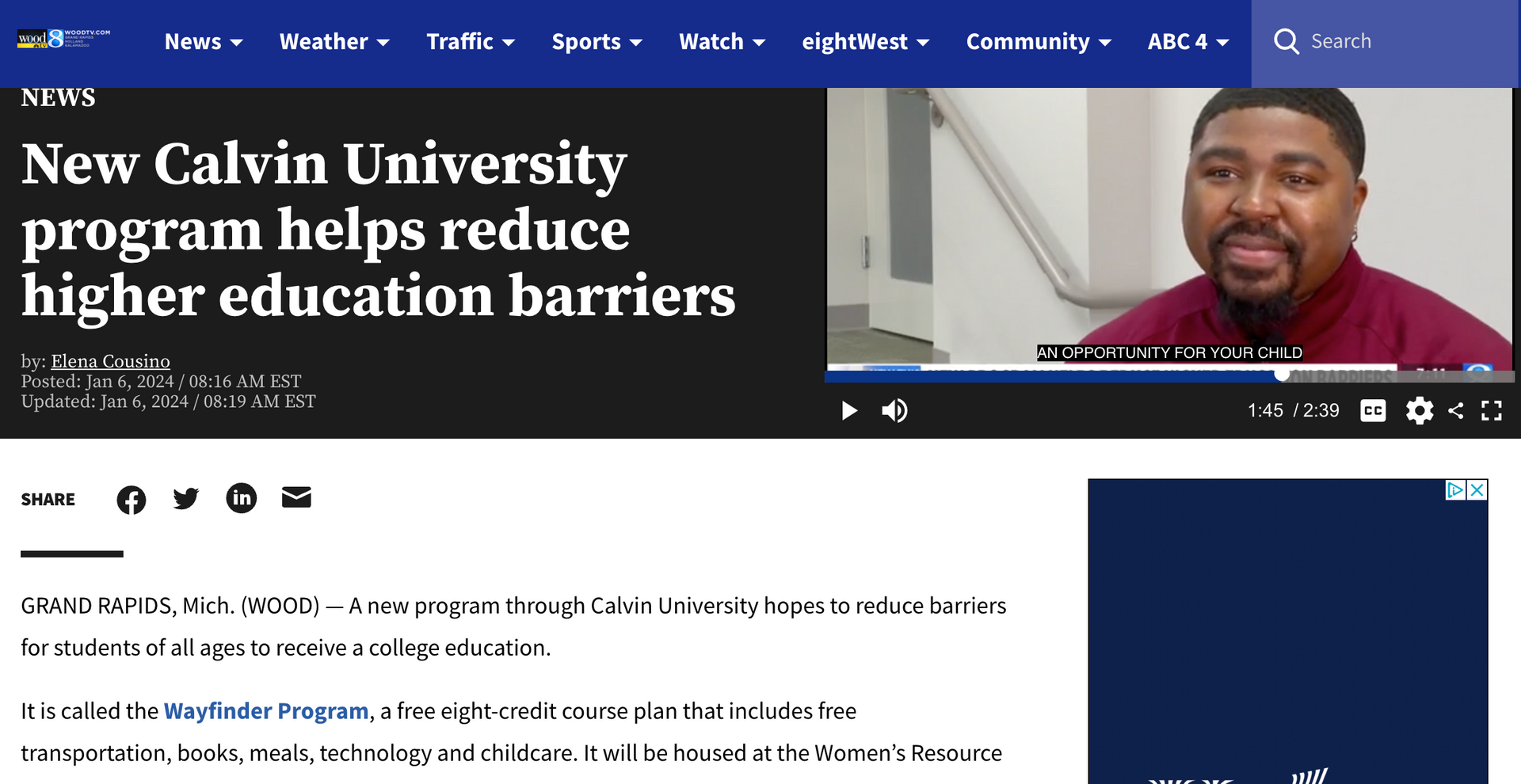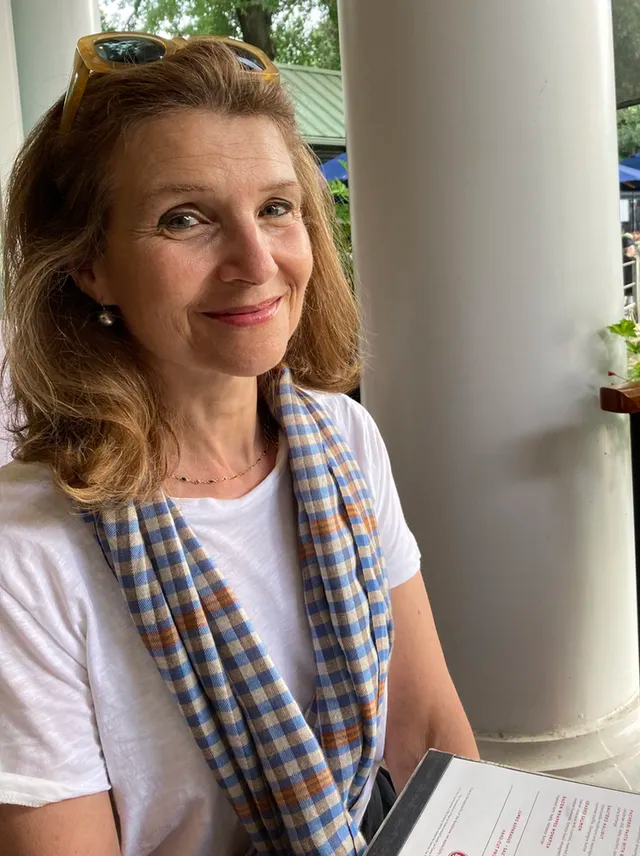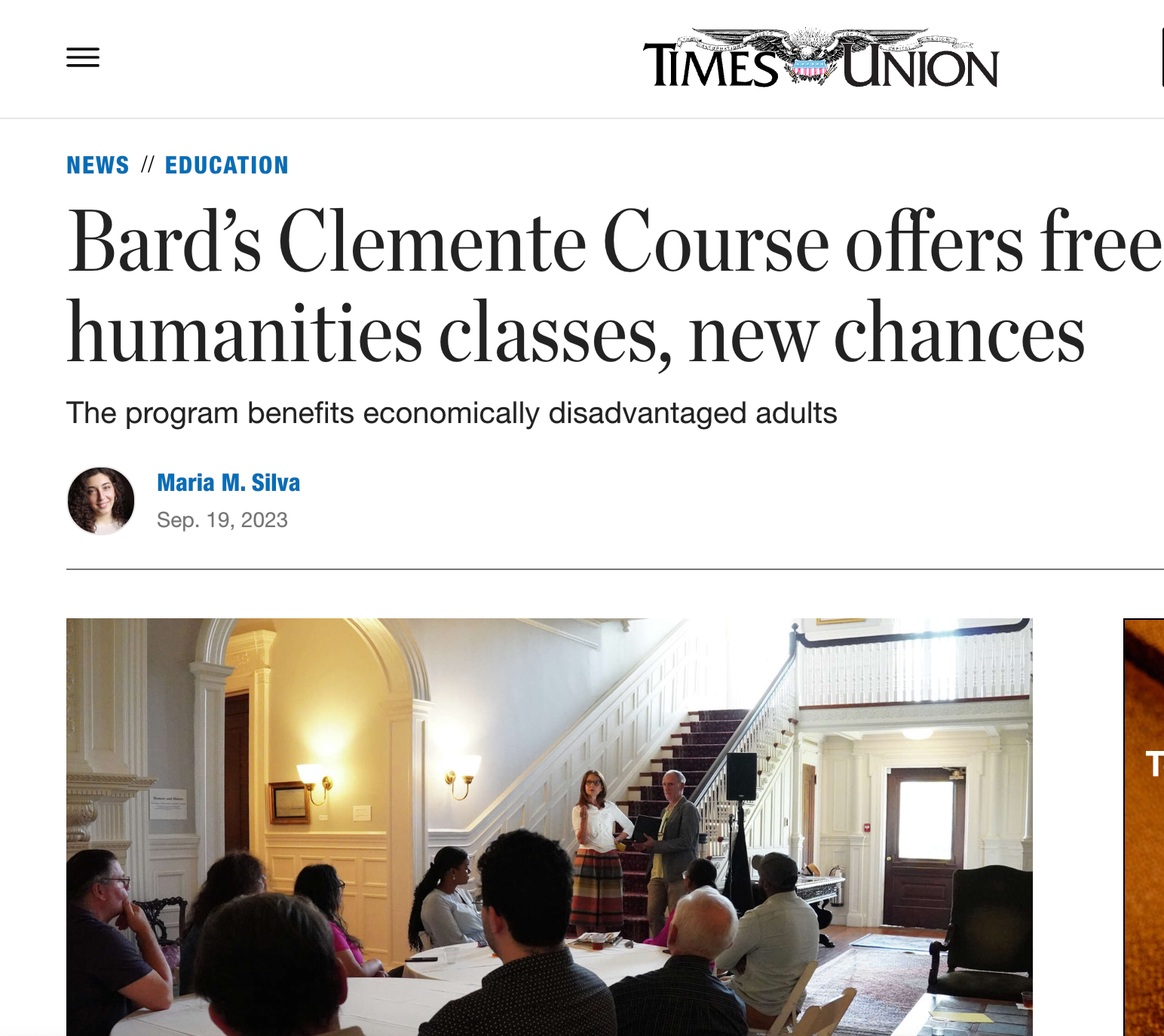Notes on The Power of the Classroom, from Academic Director Amelia Pace-Borah
For ten years, Amelia Pace-Borah has served as the Academic Director of Free Minds Austin , providing mentorship, support, and encouragement to every single student who entered the program. 2021-2022 was Amelia's last year in the role, and she shared the following reflection at the program's graduation ceremony in May.
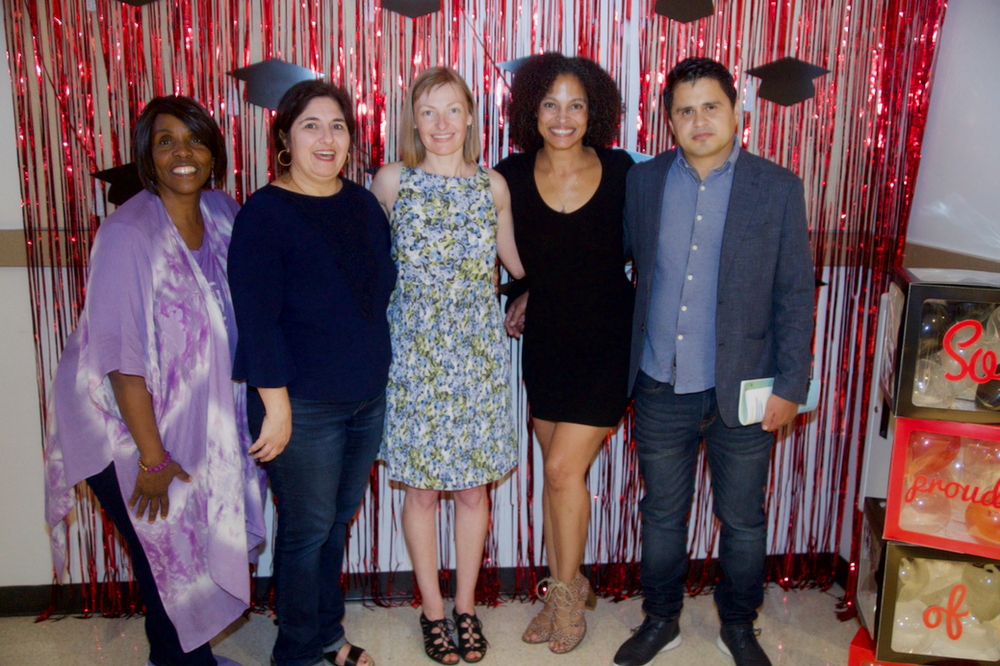
Some of you know that this is my last Free Minds graduation as academic director—after ten years of working with Free Minds, I am stepping away from my position at the end of this month. So I am reflecting tonight on the remarkable Free Minds students of 2021 and 2022—and I’m also reflecting on the meaning that this program has held for me over these years, which has been profound.
And what I want to shout from the rooftops—from one completely biased—is a secret that Free Minds faculty and students already know. The Free Minds classroom is a unique and special place, a place that is difficult to sum up in words—but I’m gonna try.
To start, the Free Minds classroom is a courageous space—a place that promotes and rewards courage.
In Free Minds, it isn’t just that we read texts that we may not casually pick up on our own. We navigate our confusion, we write down our thoughts, we share our ideas with each other. We do this to examine our ideas out in the light, to open ourselves up to feedback. The courage that you students have shown is a crucial part of the learning process, and it’s hard. In thinking of our class as a brave space, I’m reminded of an essay that we read together in fall 2021—an essay by poet and activist Audre Lorde. In this essay called “The Transformation of Silence into Language and Action,” Lorde writes about how a cancer diagnosis forces her to face up to her mortality, saying
“In becoming forcibly and essentially aware of my mortality and of what I wished and wanted for my life… what I most regretted were my silences. Death might be coming quickly without regard for whether I had ever spoken what needed to be said… And I began to recognize a source of power, within myself that comes from the knowledge that while it is most desirable not to be afraid, learning to put fear into perspective gave me great strength.”
I’ll say that again, learning to put fear into perspective gave me great strength.
So much of what we have done together has been to put our fear of speaking and writing into perspective, so we can practice the courage needed in order to learn.
The Free Minds classroom is also a place where we encounter each other across difference in order to share a common experience. Our classes over the past few years have been rich in their diversity—our paths came together through this class, and we know that we arrived here from all different directions—I mean all different directions.
These kinds of spaces, where we can authentically and respectfully engage with one another across lines of difference, are endangered spaces. And they are spaces worth cultivating.
In spring 2022, we began the semester thinking about Nigerian novelist Chimamanda Adichie’s TED talk , called “The danger of a single story.” In her talk, Adichie argues that the single story of a people or nation or culture can lead to stereotyping and dehumanization. But she says,
“Many stories matter...stories can be used to empower and to humanize. Stories can break the dignity of a people. But stories can also repair that broken dignity.”
By coming together, sharing even small bits of our stories, being open to each other’s perspectives in their complexity, we have expanded our ability to see the humanity in all those around us.

Finally, at its best, the Free Minds classroom is a space of joy, playfulness, and fun. Maybe it is because we often deal in challenging topics—but we laugh a lot in Free Minds. And this brings me back to Helen Keller’s autobiography The Story of My Life — Michelle just shared a portion of this with us, and this is another piece that we often read together toward the start of the semester. In describing how Helen Keller’s teacher Ann Sullivan approaches lessons, Keller writes,
“Even when I studied most earnestly it seemed more like play than work… whenever anything delighted or interested me Miss Sullivan talked it over with me just as if she were a little girl herself. What many children think of with dread, as painful plodding through grammar, hard sums and harder definitions, is today one of my most precious memories.”
To put this another way, as the wonderful Free Minds alum Ebonie Trice told us in a recent visit to our class: Learning should be fun. There’s an innate pleasure in the process of discovery, in understanding something new. There is a joy in learning something like how to write a clear thesis statement, how to read a poem or unpack a visual image. Truthfully anyone who has visited Free Minds has seen the way that our Free Minds faculty—Matthew, Pat, Vivé, Karma, Janis, A.R.—share a love of what they teach and a love of learning that is infectious.
And so, to wrap this up, students and everyone gathered here tonight, as you all move into the next phase of your journey, there will be so much more to learn.
And my hope is that you’ll approach that learning with courage, that you’ll seek out spaces to be in conversation across lines of difference, and that you’ll cultivate that seed of curiosity within you—the part of you that finds learning as necessary to life as breath.
Congratulations and best wishes to you all!
